
Suggests that, while biodiversity can increase in solar parks post-conversion compared to previous land use, not all taxonomic groups benefit from this change 🌏🧪
doi.org/10.1111/1365...

Suggests that, while biodiversity can increase in solar parks post-conversion compared to previous land use, not all taxonomic groups benefit from this change 🌏🧪
doi.org/10.1111/1365...

doi.org/10.1002/aps3...

doi.org/10.1002/aps3...

I love this framing about bias in hobbyist-collected data.

I love this framing about bias in hobbyist-collected data.
@jappliedecology.bsky.social

@jappliedecology.bsky.social
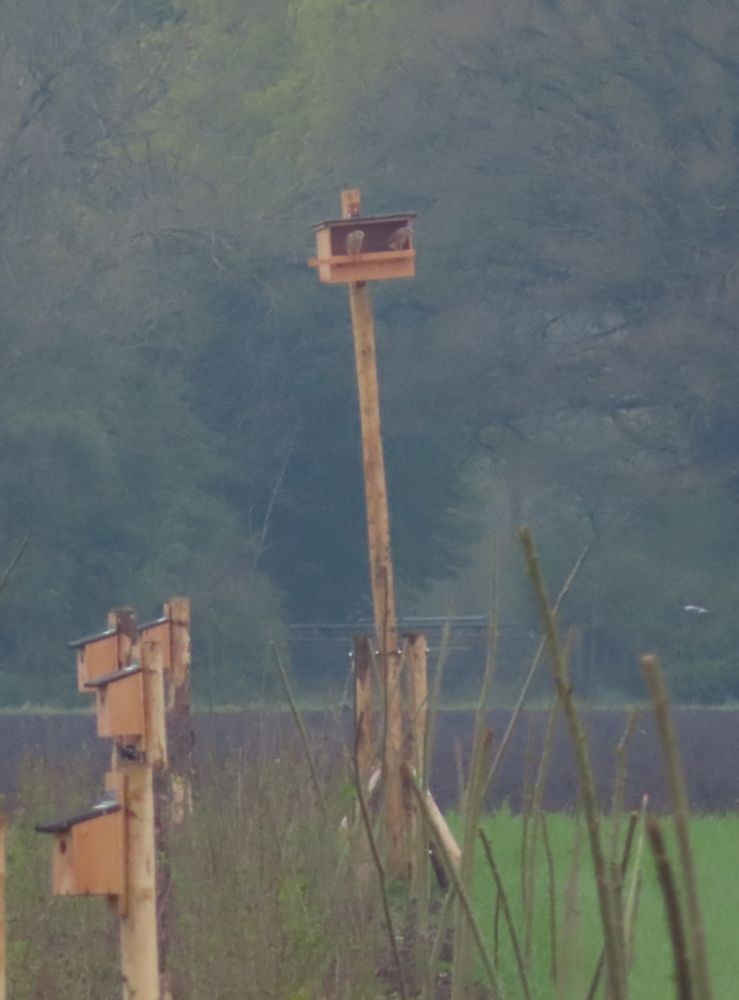
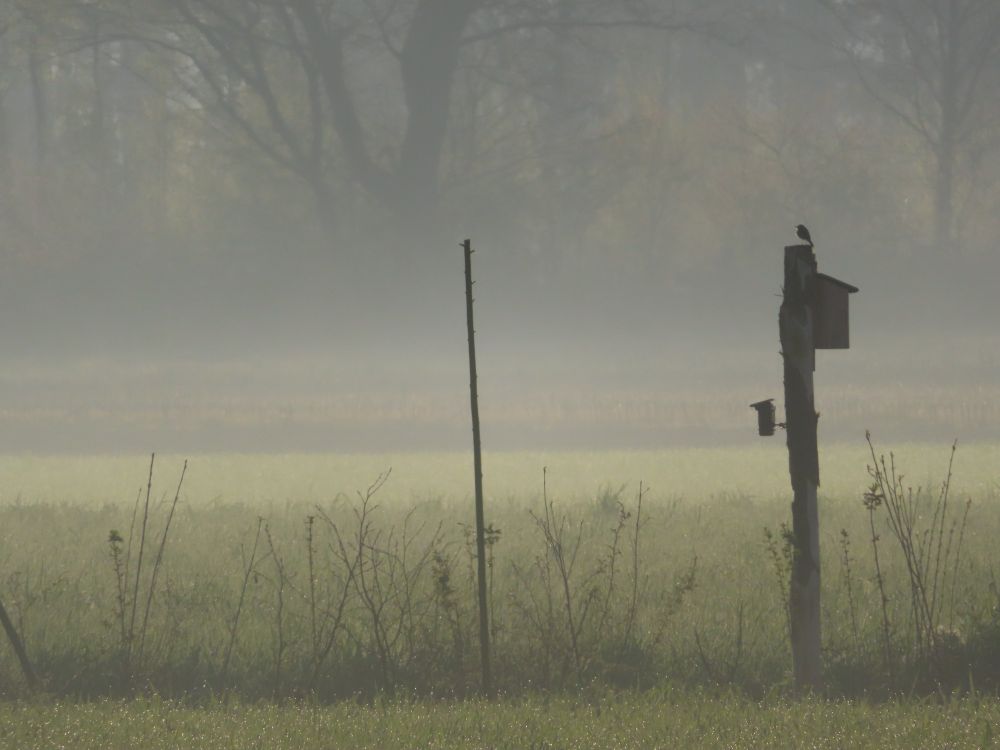




Topics include:
👉The effect of mass-flowering lupin on wild bee conservation🐝
👉Managing marine invasive species in a changing world🌊
👉Assessing foodborne pathogen survival in bird faeces to co-manage farms🐦
Read more:
besjournals.onlinelibrary.wiley.com/toc/13652664...

Topics include:
👉The effect of mass-flowering lupin on wild bee conservation🐝
👉Managing marine invasive species in a changing world🌊
👉Assessing foodborne pathogen survival in bird faeces to co-manage farms🐦
Read more:
besjournals.onlinelibrary.wiley.com/toc/13652664...
Antonin and his team have just published a study showing that the number of migrating hoverflies through Czechia are positively correlated with the numbers of birds!
Suggests that the birds are using the flies as fuel on migration.
royalsocietypublishing.org/doi/epdf/10....
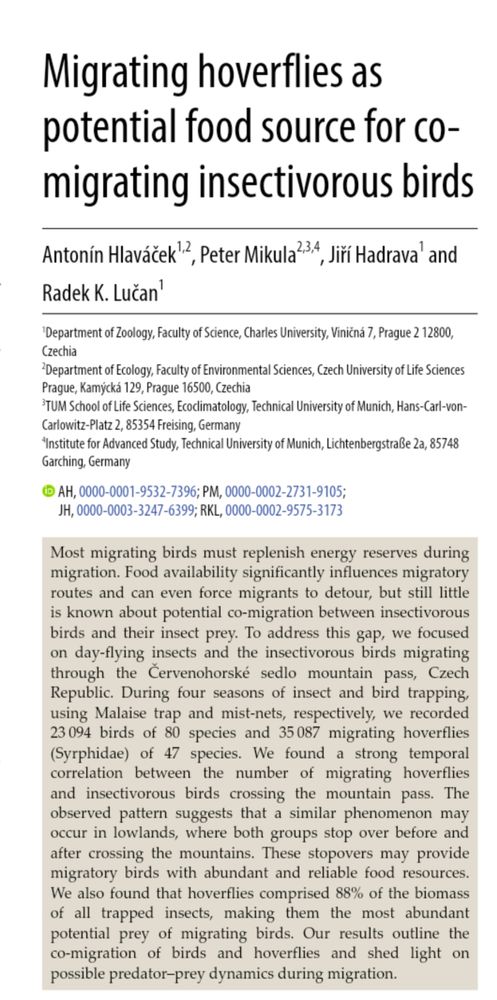
Antonin and his team have just published a study showing that the number of migrating hoverflies through Czechia are positively correlated with the numbers of birds!
Suggests that the birds are using the flies as fuel on migration.
royalsocietypublishing.org/doi/epdf/10....
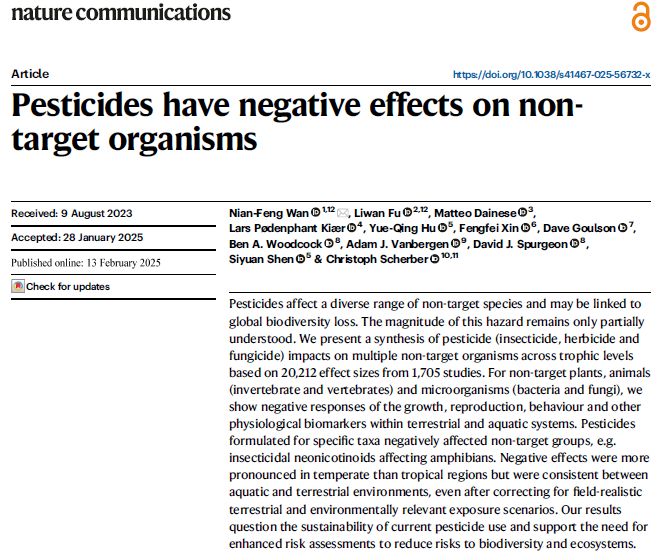

🔗 https://buff.ly/40wpUjc
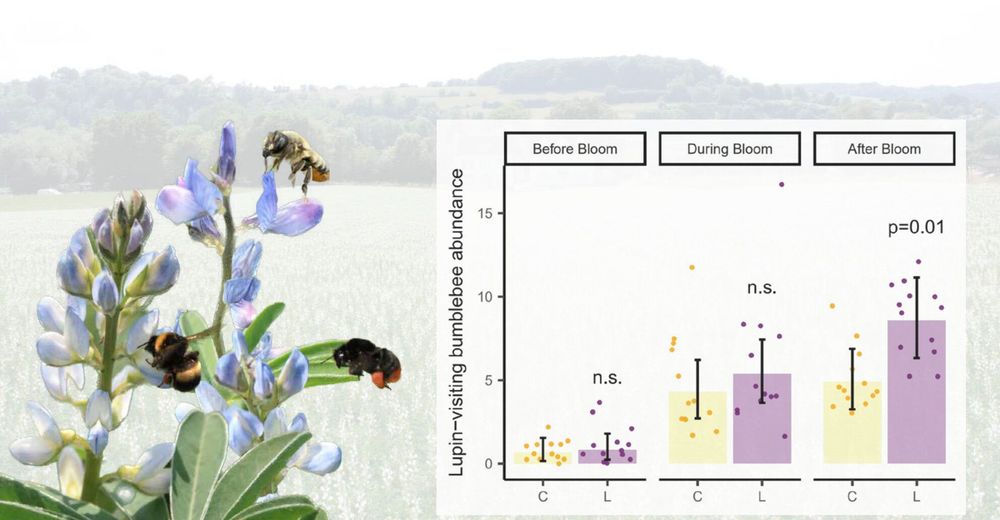
🔗 https://buff.ly/40wpUjc
besjournals.onlinelibrary.wiley.com/doi/10.1111/...

besjournals.onlinelibrary.wiley.com/doi/10.1111/...
and temporal #diversity of crops. Led by Thijs Fijen @w-u-r.bsky.social

and temporal #diversity of crops. Led by Thijs Fijen @w-u-r.bsky.social

